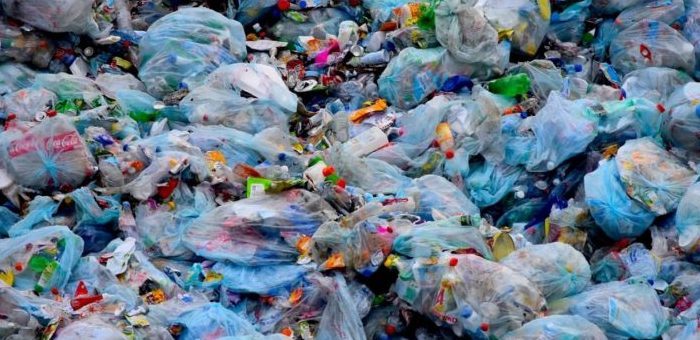Reuters reports that countries are close to an agreement on tighten controls on trade in plastic waste, which would make it harder for the US, as a leading exporter, to ship unsorted plastic to emerging Asian economies for disposal.
Global pollution has increased the demand on plastic recycling and better waste management. According to environmental groups, only 9% of plastic is recycled.
According to UN numbers, Germany, the US and Japan exported more than 1 billion kilos of plastic waste in 2018.
[smlsubform prepend=”GET THE SAFETY4SEA IN YOUR INBOX!” showname=false emailtxt=”” emailholder=”Enter your email address” showsubmit=true submittxt=”Submit” jsthanks=false thankyou=”Thank you for subscribing to our mailing list”]
It is estimated that there’s 100 million tonnes of plastic in the world’s seas, with 8 million tonnes added annually, the United Nations Environment Programme (UNEP) says.
Officials from 187 counties, participating in UNEP negotiations are thinking of making official legally binding amendments to the Basel Convention on waste that would regulate trade in discarded plastic. Yet, the US hasn’t ratified the 30-year-old pact.
Concerning plastic pollution from Norway, Japan and several African countries, shipments of non-hazardous mixed or plastic waste that are not ready for recycling would be added to the list of substances requiring importers’ prior consent. Any plastic that goes on this so-called Annex 2 could not be traded between parties and non-parties to the Basel treaty.
In the meantime, the EU has agreed on banning single-use plastic items, such as straws, forks and knives as well as cotton buds by 2021.
Eirik Lindebjerg, global plastics policy manager at the conservation group WWF, stated on Reuters that
If this (proposal) passes, it actually improves the regulation on plastic waste trade, it becomes much more difficult to dump plastic waste on developing countries that cannot deal with it and not safely manage it.






























































